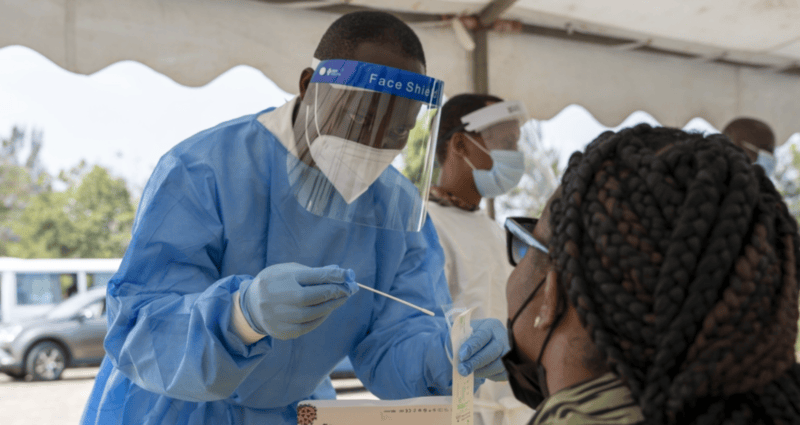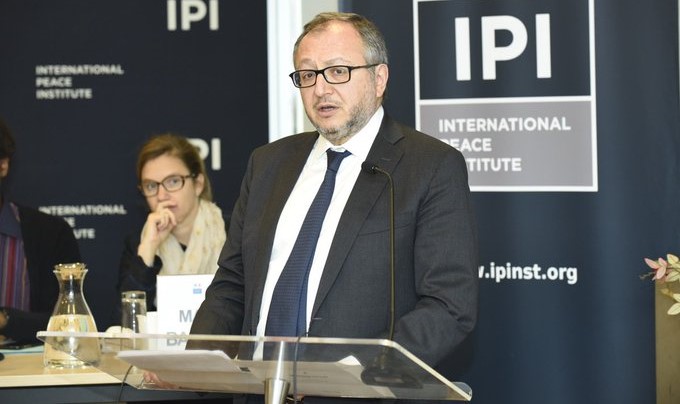Rwanda's health ministry warns of Covid-19 as dry season begins

Nsanzimana also warned of the possibility of increased malaria during the period, calling upon people to eliminate mosquito breeding sites, drain standing water and get tested early.
The Rwanda Ministry of Health has warned of the increased possibility of Covid-19 infections as the country transitions from the rainy to the dry season.
For about three years, COVID-19 has not been a talking point in the country, just like in other nations across the world, as many view it as a defeated pandemic.
More To Read
- Adult obesity treatment enters new era with WHO-endorsed GLP-1 drugs
- Somalia on high alert as Marburg virus outbreak hits neighbouring Ethiopia
- Rwanda Cabinet approves reforms on transport, currency, climate
- Young people must lead HIV fight, says PS Ouma Oluga
- Flu shots: how scientists around the world cooperate to choose the strains to vaccinate against each year
- How 'Long Covid' continues to challenge patients five years on
But in a post on X, on Monday, June 9, Health Minister, Dr. Sabin Nsanzimana, said flu, Covid-19, and malaria are some of the diseases that Rwandans should be aware of during this period.
“As we transition from the rainy to dry period, seasonal illnesses increase: Flu and Covid-19. Maintain good hygiene and protect others if you have symptoms,” he wrote.
Nsanzimana also warned of the possibility of increased malaria during the period, calling upon people to eliminate mosquito breeding sites, drain standing water and get tested early.
A statement by the World Health Organisation, on June 6, said Covid-19 cases are increasing all over the world.
“The virus will continue to mutate and evolve, and this results in new variants that may cause surging trends,” it read.
The current increases, the WHO said, are caused by “NB.1.8.1,” a variant under monitoring and currently doesn’t pose any additional health risks compared to other variants circulating.
“Therefore, these increases remain consistent with the levels observed during the same time last year, indicating no sudden, abnormal, or unexpected virus activity.”
The WHO advised all countries “to remain vigilant” and continue applying a risk-based, integrated approach to managing Covid-19.
Top Stories Today
















































